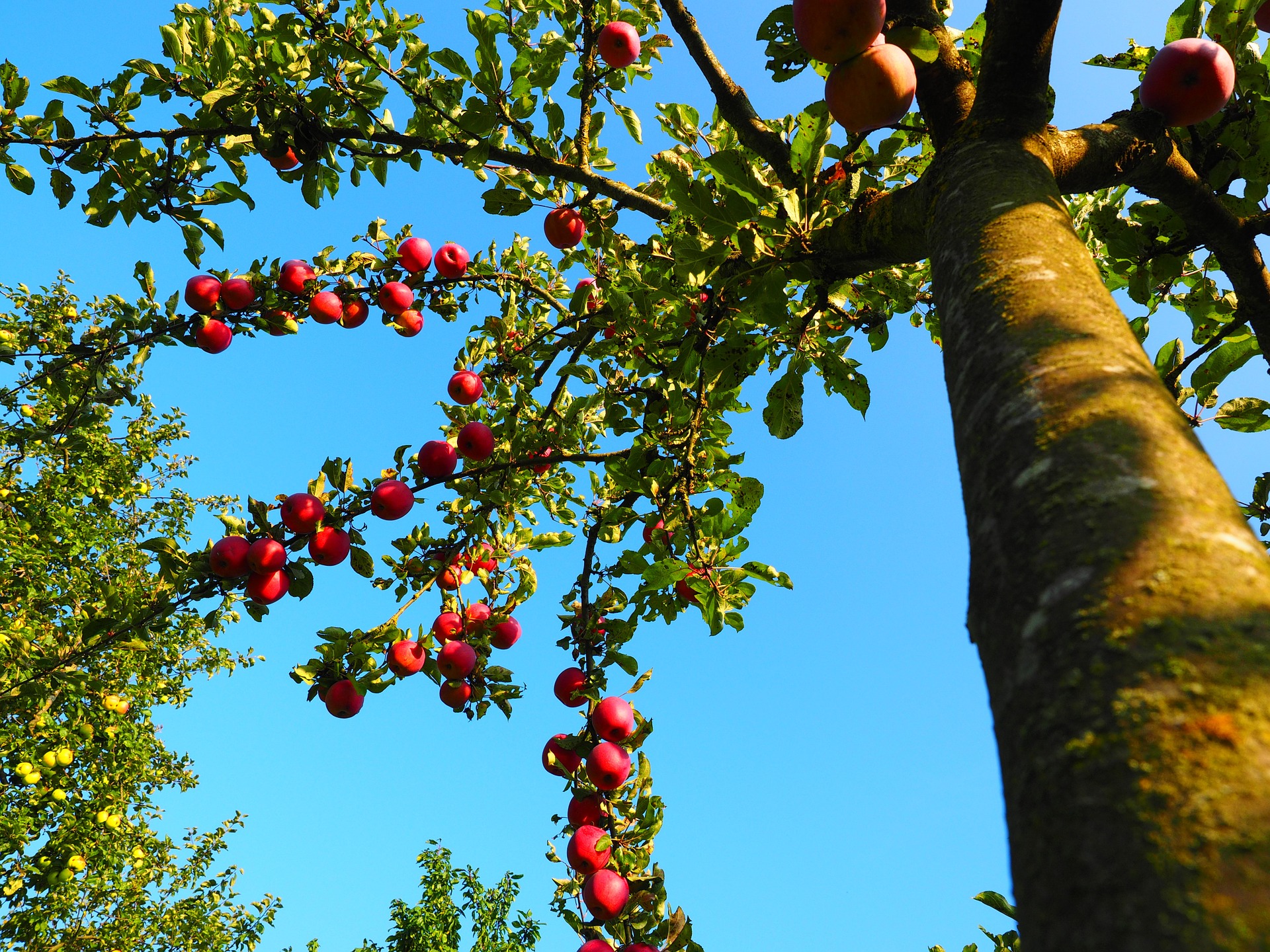The Cape water crisis and the UK fruit system
12/06/2017

The UK imports 327,000 tons of fresh fruits from South Africa each year, being the second most important source after Spain. In particular, a large proportion of the UK’s imports of grapefruit (32%), oranges (23%), ‘easy-peelers’ (18%), plums (25%), grapes (24%), apples (18%), pears (10%) and avocados (19%), come from South Africa. Yet it is a dry country, with only 450 mm average annual rainfall and agricultural irrigation accounts for more than 60% of the national water requirement. Irrigating fruit grown in South Africa for export to the UK consumes 84 million m3 of water each year – given average domestic water consumption in South Africa of 250 litres per person per day, this is equivalent to the water use of more than 800,000 people.
The Western Cape province is a major producer of export fruits but is facing its worst drought in over a century. The delayed onset of winter rainfall in 2017, the high demand for water by cities, and the fact that the province’s water resources are still recovering from drought in 2015, have led the premier to declare a “drought disaster” in the province. Dam levels have reached critically low levels, with only 11% usable water as of the end of May. The City of Cape Town has responded by limiting residents to 100 litres of water per person per day.
According to Alan Winde (Western Cape Agriculture Minister), current water restrictions for irrigation farmers vary from 30% to 100% in the Berg / Riviersonderend water system and these restrictions may have a serious impact on fruit production. Lack of water can have a major effect on produce quantity and quality; poorly irrigated orchards usually result in reduced fruit yields and size, which may not meet the high quality requirements of the UK market. Consequently more fruit is exported to less discerning markets, and the UK may be forced to source fresh fruits from elsewhere to meet customer demand. This can increase the cost to the UK consumer and reduce the profitability of South African fruit farming.
Climate risks
Climate variability patterns in the Western Cape suggest that drought intervals are getting closer, and that rainfall onset is getting delayed. This suggests that the recovery period between drought periods might be getting shorter and occurring at a slower pace, which in turn implies that the current water crisis is potentially a long-term rather than a short-term problem. Good water management is key to managing the scarce water resources and ensuring maintained or improved market access by water-scarce countries like South Africa, and many UK retailers are currently working with their supply chains, producers, packers and water managers in the Western Cape to mitigate the impact of water-related risks on fruit production.
Recent rainfall has done little to alleviate the situation; sustained rainfall will be required during the current winter season and subsequent rainfall seasons. Given the generally high water use efficiency of fruit producers in the province, and the active engagement of government, catchment management agencies, water use associations and research institutions, the expectation is that fresh fruit production in the Western Cape will cope with the current drought. The effect on exports to the UK is therefore expected to be minimal. Despite this, the drought has served to remind us how not only the African fruit farmer, but also the UK food system, is vulnerable to extreme weather events in distant countries.
The project, “Increasing resilience to water-related risks in the UK fresh fruit and vegetable system”, is funded through the Global Food Security’s ‘Resilience of the UK Food System Programme’, with support from BBSRC, ESRC, NERC and Scottish Government.
By Dr Tim Hess, Cranfield University, and Sandile Hadebe, Institute of Natural Resources (South Africa)
Categories & Tags:
Leave a comment on this post:
You might also like…
Commonwealth Scholarships play a critical role in developing sustainability and leadership in Africa
Q&A with Evah Mosetlhane, Sustainability MSc, Commonwealth Distance Learning Scholar What inspired you to pursue the Sustainability MSc at Cranfield? I was inspired to pursue the Sustainability MSc at Cranfield because of the university’s ...
How do I reference a thesis… in the NLM style?
You may be including theses within your research. When you do so you need to treat them in the same way as content taken from any other source, by providing both a citation and a ...
Introducing… Bloomberg Trade Flows
Are you interested in world trade flows? Would it be useful to know which nations are your country's major trading partners? If so, the Bloomberg terminal has a rather nifty function where you can view ...
Cranfield alumni voyage to the International Space Station
Seeing our alumni reach the International Space Station (ISS) has a ripple effect that extends far beyond the space sector. For school students questioning whether science is “for them”, for undergraduates weighing their next ...
From classroom to cockpit: What’s next after Cranfield
The Air Transport Management MSc isn’t just about learning theory — it’s about preparing for a career in the aviation industry. Adit shares his dream job, insights from classmates, and advice for prospective students. ...
Setting up a shared group folder in a reference manager
Many of our students are now busy working on their group projects. One easy way to share references amongst a group is to set up group folders in a reference manager like Mendeley or Zotero. ...






